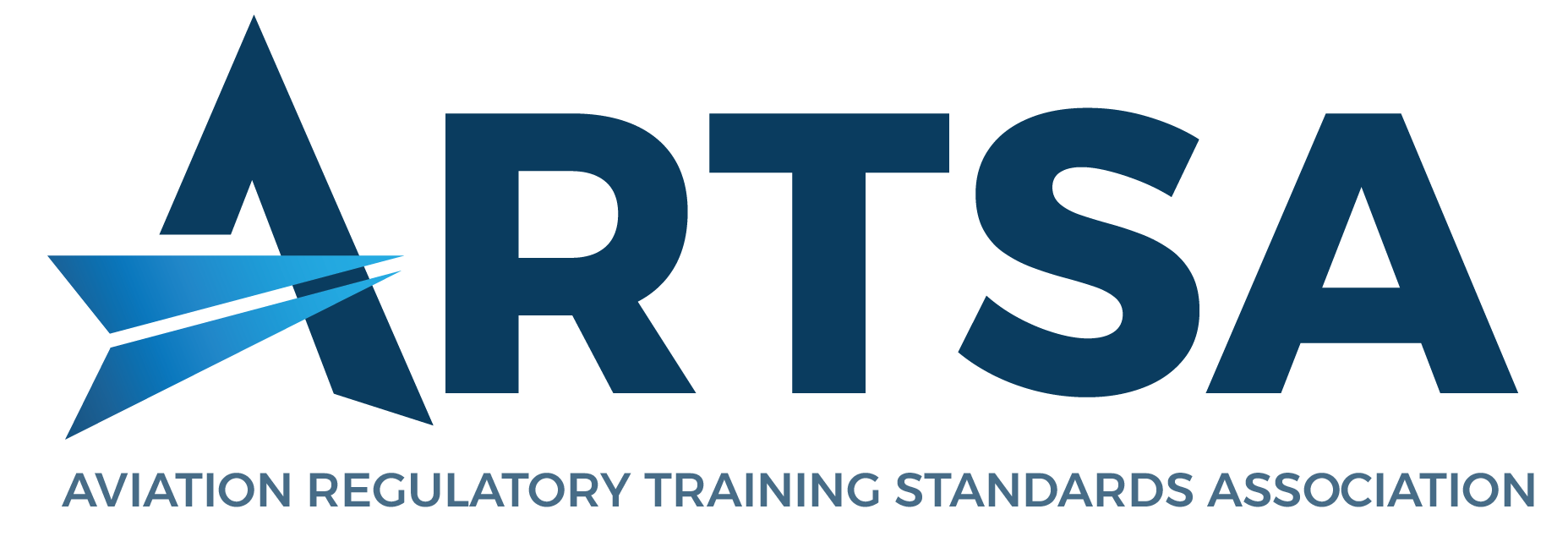
EASA-compliant regulatory and competence-building training isn’t just a checkbox to be ticked off – it’s the backbone of an industry that relies on precision, safety, and trust.
Short-course training programs play a crucial role in educating aviation professionals about these regulations and ensuring that they are well-equipped to comply with the legal requirements of their respective roles. Maintaining high standards in the delivery of these courses ensures that the content is up-to-date, relevant, and accurate, providing participants with the knowledge they need to navigate the complex regulatory landscape.
Sofema Online (SOL) www.sofemaonline.com provides EASA Regulatory Compliant and Vocational Competence Building Short Courses, SOL is a member of the Aviation Regulatory Training Standards Association.
- For training institutions, upholding these standards is a testament to their commitment to excellence, ensuring that their graduates are not just competent but are ambassadors of safety and proficiency in the skies.
- As the aviation sector continues to evolve, whilst these standards will undoubtedly adapt, their importance will remain undiminished.
- For the sake of safety, efficiency, and the future of the industry, it’s imperative that we continue to uphold and champion these benchmarks.
- Aviation is an industry that demands precision, accuracy, and strict adherence to standards. This is particularly true for training.
- By maintaining EASA standards, trainers ensure that every graduate is equipped with the necessary skills and knowledge to operate safely and efficiently.
The Role of EASA Related to Regulatory Training
The European Aviation Safety Agency (EASA) sets high-level regulatory requirements that aim to ensure safety and proficiency across European skies.
One of the main goals of EASA is to establish a harmonized set of regulatory standards and procedures for civil aviation in Europe.
It is incumbent on the short-course regulatory training organization to ensure that the training delivered ensures a uniform level of competency across all delivery platforms.
This should mean that regardless of where a professional has received their training, their knowledge and skill sets should be consistent.
Quality Assurance: The Bedrock of Short Course Excellence
To ensure that EASA-compliant short course training programs meet the required standards, a robust quality assurance framework is essential.
- This involves regular audits, evaluations, and assessments of training providers, ensuring that they adhere to the established standards and guidelines.
- Quality assurance also extends to the course content, delivery methods, and assessment procedures, ensuring that they are all aligned with EASA’s requirements and best practices.
- By maintaining high standards in these areas, we can ensure that the training delivered is of the highest quality, providing participants with the knowledge and skills they need to excel in their roles.
The Role of ARTSA
Regulatory Training Organisations can demonstrate their standing in the aviation industry by joining ARTSA. In a world where excellence in safety and professionalism is non-negotiable, ARTSA is a gateway to global recognition.
Here’s why you should be a part of this transformative journey:
- Unified Standards: ARTSA is dedicated to creating a globally recognized benchmark in regulatory training. By joining, you align with the best, ensuring your training meets the highest EASA-compliant standards.
- Continuous Professional Development: ARTSA is not just about setting standards; it’s about continuous growth. Benefit from unparalleled professional development opportunities and stay ahead in the ever-evolving aviation industry.
- Global Networking: Connect with a network of EASA-compliant regulatory training organizations. Foster collaborations, share knowledge and grow together in a cooperative learning environment.
- Commitment to Excellence: With a stringent code of conduct emphasizing integrity, professionalism, and respect, ARTSA members are recognized for their commitment to excellence in the industry.
- Strategic Location & Governance: Based in Sofia, Bulgaria, and governed by a dedicated Management Board and an Executive Director, ARTSA ensures streamlined operations and decision-making.
- Voice in Global Aviation: Collaborate with aviation authorities, training institutions, and industry stakeholders. By being a part of ARTSA, you have a say in shaping the future of global aviation training.
In conclusion, maintaining high standards in the delivery of EASA-compliant short-course regulatory and competence-building training is paramount. It directly impacts the safety, regulatory compliance, and competence of aviation professionals, contributing to the overall advancement of the industry. By investing in quality assurance, ensuring the competence of instructors, and constantly updating the content and delivery methods, we can ensure that these training programs remain relevant, effective, and aligned with the needs of the industry. In doing so, we uphold the legacy of excellence in aviation, ensuring that every professional is equipped with the knowledge and skills required to navigate the challenges of this dynamic industry.
Next Steps
Please see ARTSA website www.artsa.aero, or inquire more information at office@artsa.aero
